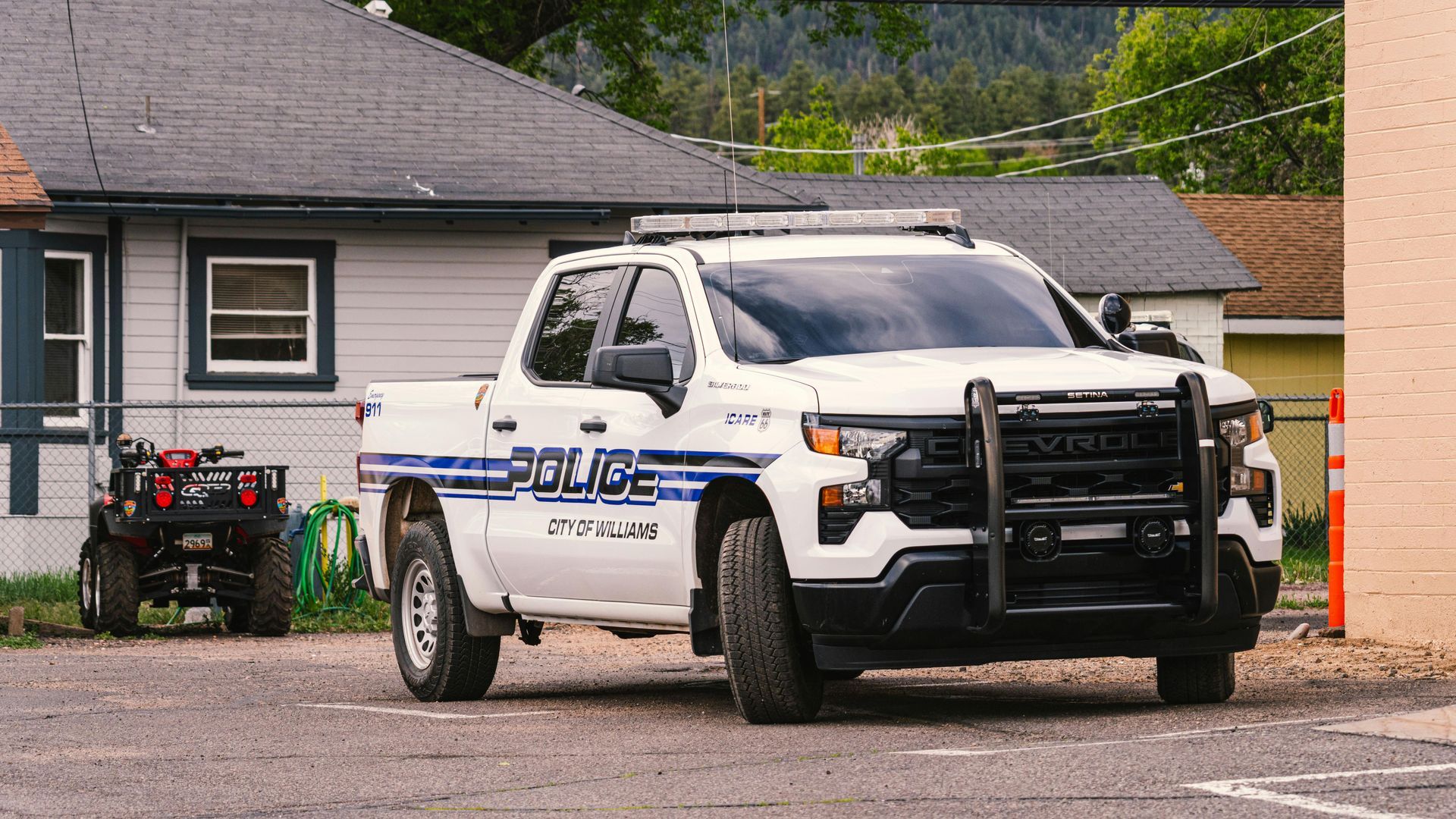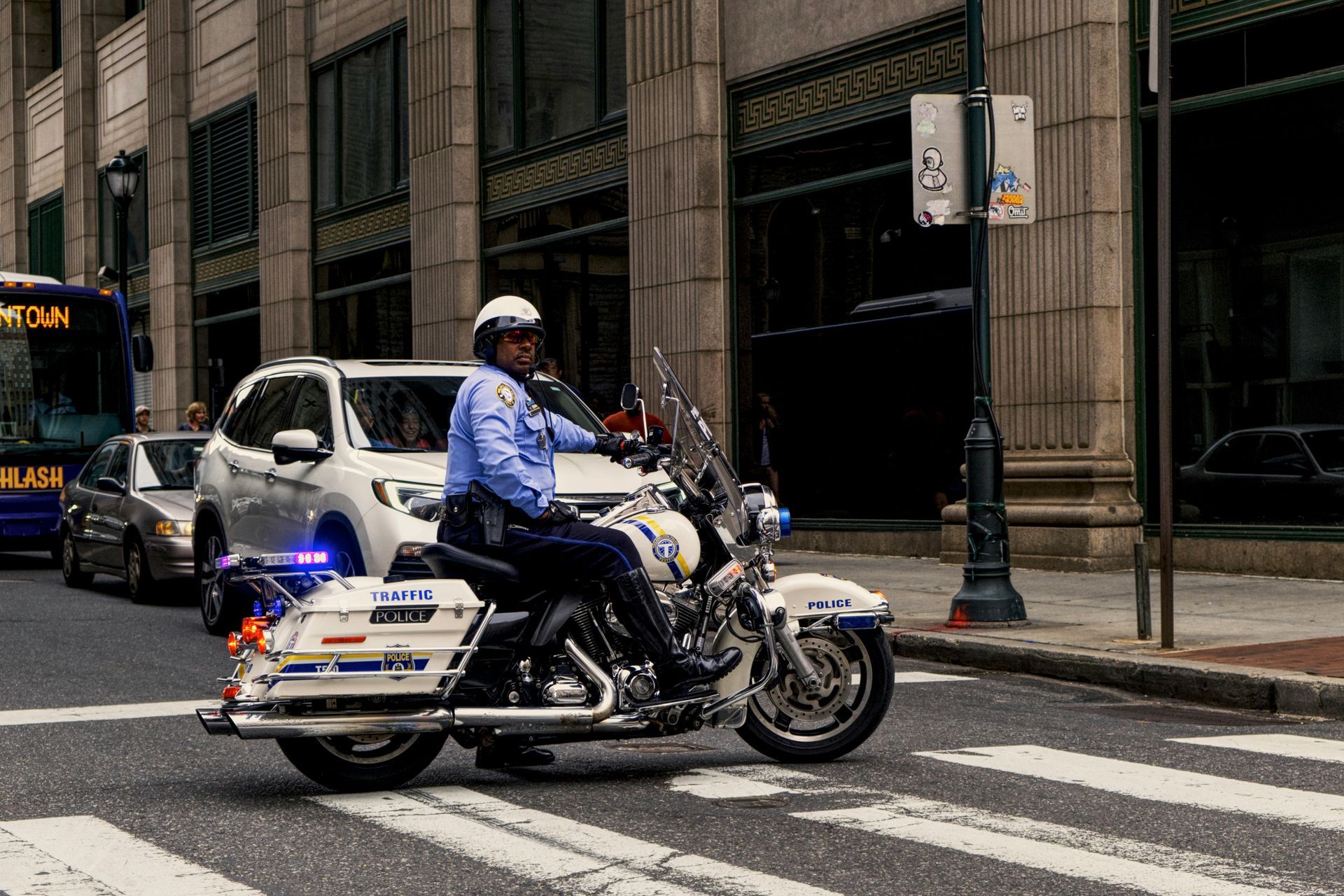Why Motorcycle Accident Claims Are Different from Car Accident Cases in California
Understanding the Key Differences in Motorcycle vs. Car Accident Claims
While both motorcycle and car accidents fall under the broader category of personal injury law, the legal and practical differences between the two are significant—especially in California. At Thelander Law, we help injured riders and drivers in Salinas understand these differences and fight for the compensation they deserve. If you've been injured in a motorcycle crash, it’s important to know why your case may require a different legal approach than a car accident.
1. Severity of Injuries and Damages
Motorcyclists are significantly more vulnerable than car occupants. Without the protection of a vehicle frame, airbags, or seatbelts, riders often suffer catastrophic injuries such as:
- Traumatic brain injuries (TBI)
- Spinal cord damage
- Broken bones and road rash
- Permanent disability or disfigurement
These severe injuries often lead to higher medical bills, longer recovery periods, and greater impacts on the victim’s ability to work and enjoy life. This typically increases the potential value—and complexity—of a motorcycle accident claim.
2. Bias Against Motorcyclists
A major hurdle in motorcycle accident cases is public perception. Insurance adjusters, law enforcement, and even juries sometimes carry a bias that motorcyclists are reckless or inherently risky. This can unfairly influence fault determinations and settlement offers.
At Thelander Law, we know how to counteract this bias by collecting clear evidence, working with accident reconstruction experts, and advocating aggressively for our clients' rights.
3. Different Causes and Liability Issues
Motorcycle accidents often occur for different reasons than car crashes. Common motorcycle accident causes include:
- Drivers failing to check blind spots
- Unsafe lane changes
- Doors opening in a rider's path (“dooring”)
- Road hazards like potholes or debris
Because of these unique risks, liability may fall on different parties such as government entities (for road conditions) or other drivers unaware of how to safely share the road with motorcycles.
4. Helmet and Gear Laws
California law requires motorcyclists to wear helmets. If a rider isn’t wearing one at the time of the crash, the insurance company may argue that the victim contributed to their injuries—even if the other driver was at fault. These “comparative negligence” arguments can reduce compensation unless successfully challenged with strong legal advocacy.
5. Insurance Challenges
Insurance companies often handle motorcycle claims differently than car claims. Some policies may have exclusions or limited coverage for motorcycle-related incidents. Additionally, adjusters may undervalue the long-term effects of motorcycle injuries, making it critical to work with an attorney familiar with the nuances of these cases.
Trust Thelander Law with Your Motorcycle Accident Claim
If you or a loved one has been injured in a motorcycle accident in Salinas, Thelander Law can help. We understand the legal, medical, and emotional complexities involved in motorcycle cases. Our goal is to fight for maximum compensation while supporting you every step of the way.











